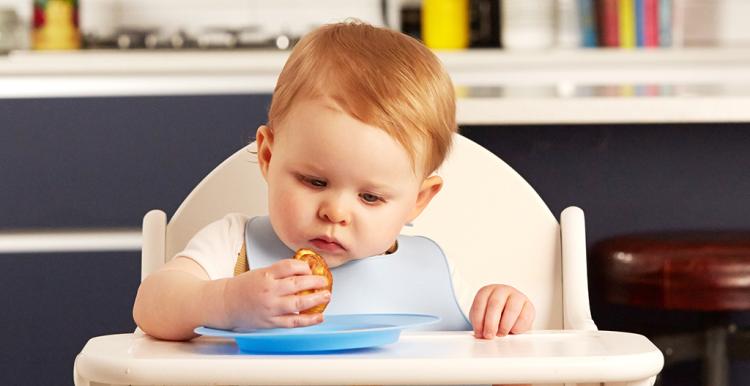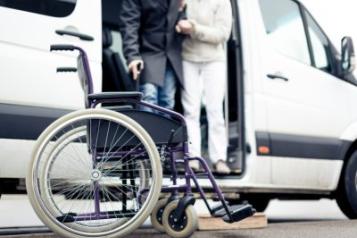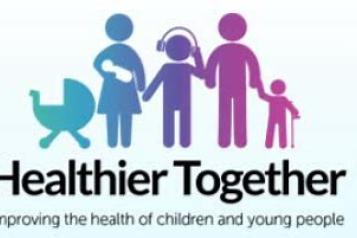When & how to introduce your baby to solid foods

Lots of parents wonder when and how to start introducing solid foods - with so much conflicting advice available it can be very confusing. You should wait until your baby is around 6 months old - this gives them time to develop properly, so they can cope with solid food.
Why wait until my baby is around 6 months?
- breast milk or first infant formula provides the energy and nutrients needed until around 6 months (breastfeeding women should consider taking a daily vitamin D supplement)
- it gives your baby time to develop so they can cope fully with solid foods
- your baby is more able to feed themselves
- they'll be better at moving food around their mouth, chewing and swallowing – this may mean they can have mashed, lumpy and finger foods (and may not need smooth, blended foods at all)
What are the signs?
There are 3 clear signs, which, when they appear together from around 6 months of age, show that your baby is ready for their first solid foods, alongside breast milk or first infant formula. They will be able to:
- stay in a sitting position, holding their head steady
- coordinate their eyes, hands and mouth so they can look at their food, pick it up and put it in their mouth
- swallow food (rather than spit it back out)
The following behaviours can be mistaken for signs of being ready for solid foods:
- chewing fists
- wanting extra milk feeds
- waking up in the night (more than usual)
These are normal baby behaviours and not necessarily a sign of hunger, or being ready to start solid food. Starting solid foods will not make them any more likely to sleep through the night. Sometimes a little extra milk will help until they are ready for food.
If your baby was born prematurely, ask your health visitor or GP for advice on when to start weaning.


